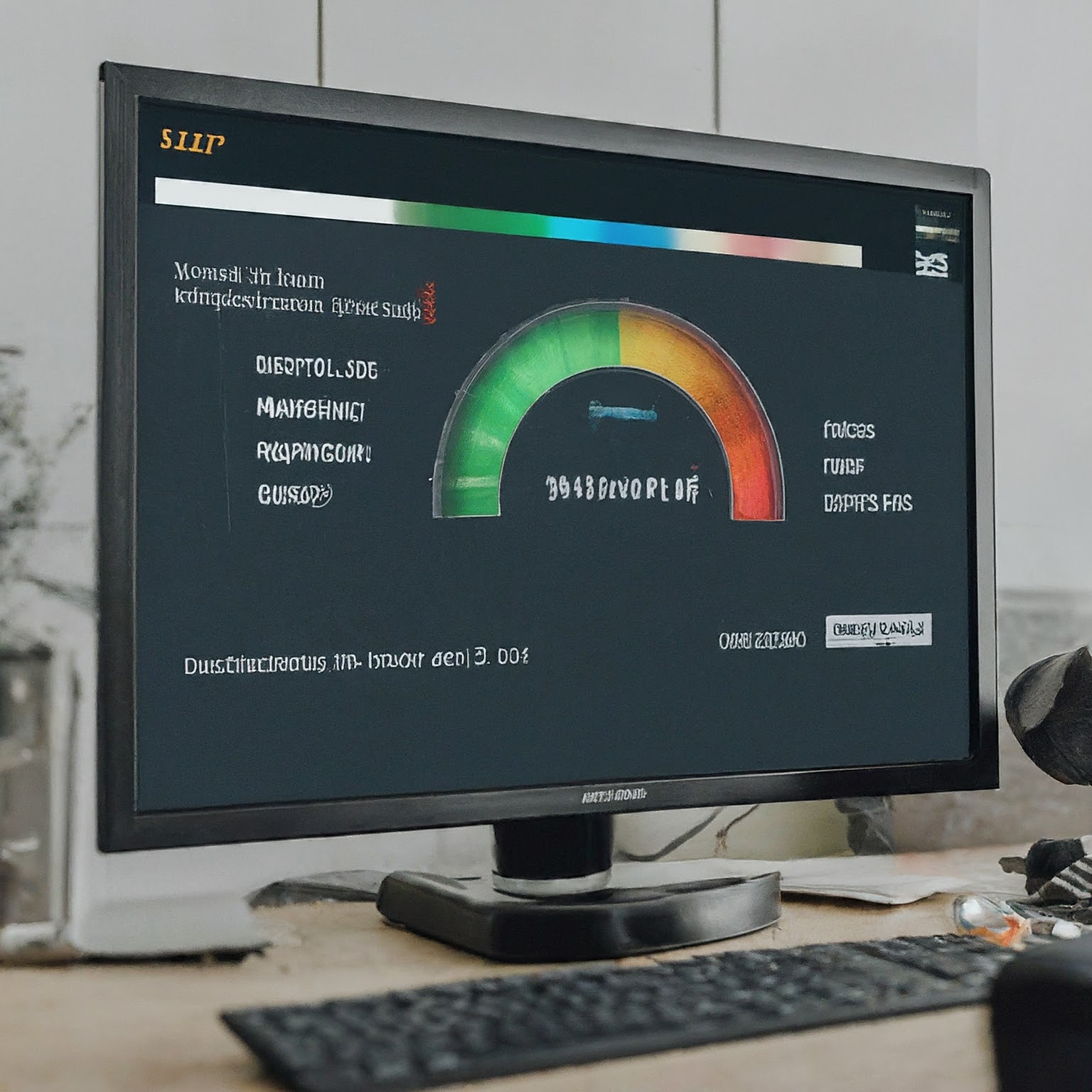In today’s digitally interconnected world, a fast and reliable internet connection is no longer a luxury but a necessity. Whether you’re streaming high-definition videos, engaging in online gaming, or working remotely, a sluggish internet connection can significantly impact your experience. This is where the connection speed test comes into play.

What is a Connection Speed Test?
A connection speed test is a diagnostic tool used to measure the performance of your internet connection. It evaluates key parameters such as download speed, upload speed, and ping (latency). Download speed refers to how quickly data is transferred from the internet to your device, while upload speed measures how fast data is sent from your device to the internet. Ping, on the other hand, indicates the time it takes for data packets to travel from your device to a server and back.
Why is a Connection Speed Test Important?
Understanding your internet speed is crucial for several reasons:
- Troubleshooting Connectivity Issues: If you’re experiencing slow internet speeds, a connection speed test can help identify whether the problem lies with your internet service provider (ISP), your home network, or your device.
- Selecting the Right Internet Plan: By knowing your average internet speed, you can choose an internet plan that aligns with your needs and budget.
- Optimizing Online Activities: Different online activities require varying internet speeds. A connection speed test can help you determine if your connection is adequate for streaming, gaming, or video conferencing.
- Monitoring ISP Performance: Regular connection speed tests can help you track your ISP’s performance and identify any fluctuations in speed.
How Does a Connection Speed Test Work?
When you run a connection speed test, the testing service establishes a connection between your device and a nearby server. It then transfers data to and from the server to measure your download and upload speeds. Ping is calculated by measuring the time it takes for small data packets to travel between your device and the server.
Factors Affecting Connection Speed Test Results
Several factors can influence the results of a connection speed test:
- Internet Service Provider (ISP): The quality of your internet service, including the type of connection (DSL, cable, fiber optic), infrastructure, and network congestion, can significantly impact your speed.
- Network Equipment: Your modem, router, and other network devices can affect your connection speed. Outdated or malfunctioning equipment may cause bottlenecks.
- Wired or Wireless Connection: Wired connections generally offer faster and more stable speeds compared to wireless connections. Interference from other devices, walls, and obstacles can impact wireless performance.
- Number of Devices: Multiple devices connected to the same network can share bandwidth, potentially slowing down your connection speed.
- Time of Day: Network congestion can vary depending on the time of day, with peak usage times typically resulting in slower speeds.
Choosing the Right Connection Speed Test
Numerous connection speed test tools are available online. When selecting a tool, consider the following factors:
- Accuracy: Look for tools with a reputation for providing reliable and accurate results.
- Ease of Use: The tool should be user-friendly and provide clear results.
- Additional Features: Some tools offer additional features such as network diagnostics or historical data tracking.
Improving Your Internet Speed
If your connection speed test results are unsatisfactory, here are some steps you can take to improve your internet speed:
- Restart Your Modem and Router: Sometimes, simply restarting your modem and router can resolve temporary connection issues.
- Check for Network Interference: Move your wireless router to a central location and avoid placing it near electronic devices that may interfere with the signal.
- Update Network Drivers: Ensure that your network drivers are up-to-date to optimize performance.
- Limit Bandwidth-Intensive Activities: Avoid streaming or downloading large files while performing activities that require high internet speeds.
- Consider a Wired Connection: If possible, connect your device directly to the modem or router using an Ethernet cable for a more stable and faster connection.
- Upgrade Your Internet Plan: If you consistently experience slow speeds, consider upgrading to a higher-speed internet plan.

Conclusion
Regularly conducting connection speed tests is essential for maintaining optimal internet performance. By understanding the factors that affect your speed and taking steps to improve it, you can enjoy a faster and more reliable internet connection for all your online activities.